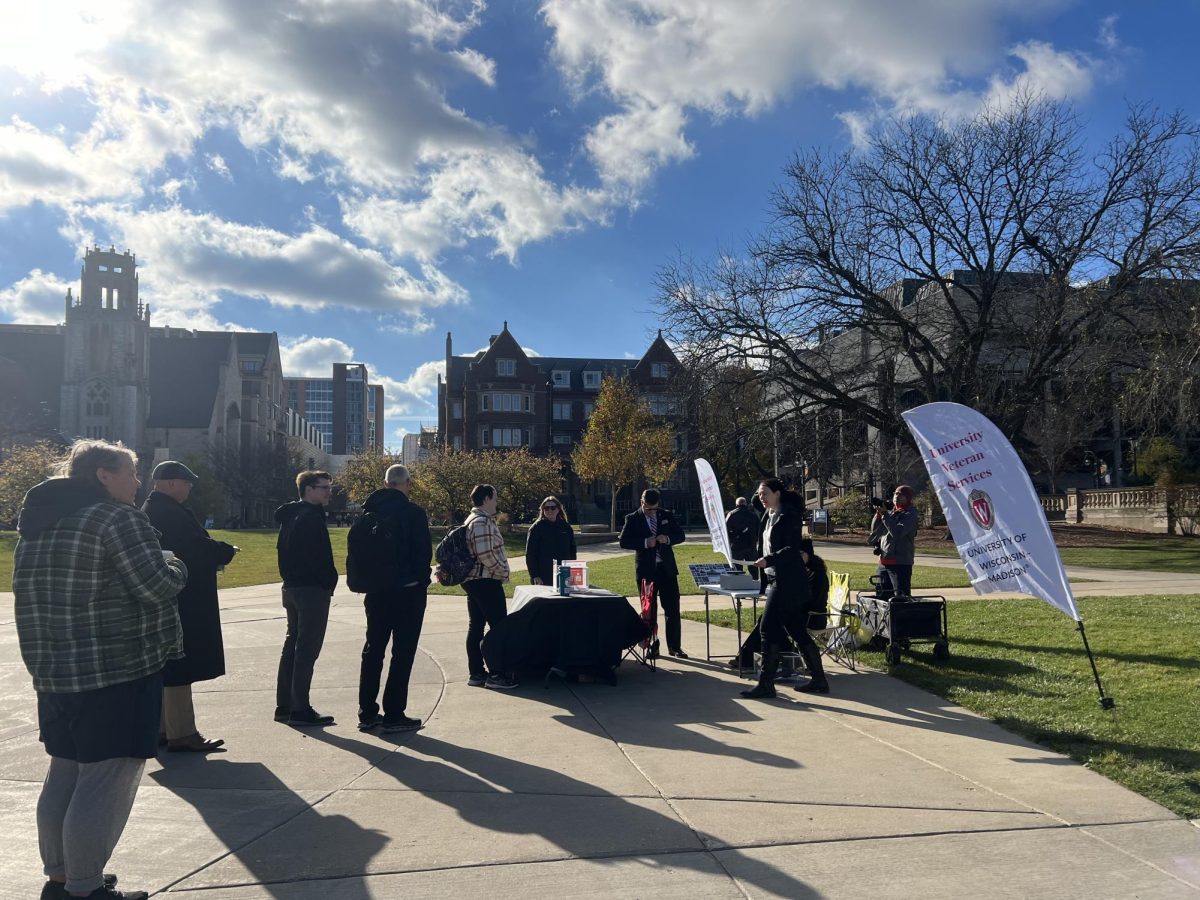A board of the student government addressed the rhetoric and solutions surrounding bus pass negotiations, including the notion that faculty are subsidizing the on-campus busing system, in a meeting last night.
The Associated Students of Madison’s Student Transportation Board focused on issues surrounding its negotiations with University of Wisconsin Transportation Services and the language being used in the ongoing discussion about the amount students are paying for the services.
Student Transportation Board member Laura Checovich said she wanted the board to address the rhetoric used in the negotiations about how much students will pay to fund the campus bus system.
In an earlier Badger Herald story, Vice Chancellor for Administration Darrell Bazzell said UW’s administration hopes to reduce and eventually eliminate the subsidy that comes out of UW faculty’s pockets since students comprise a higher percent of the ridership than they pay for.
Referring to this statement, Checovich said she wanted to look at the language being used, especially in terms of the word “subsidy.” She said in relation to faculty parking fees, her impression was the money is used by Transportation Services generally as the body sees fit.
“My issue is that we somehow need to fight back against the administration labeling parking revenues as a subsidy,” she said. “I think subsidy is the wrong word – absolutely they pay for something that pays for part of the bus system, but that’s just the fact of the matter.”
She said with this, the faculty paying for parking have not engaged in a trade where they no longer have to pay for the bus system since they paid for parking, and although they are paying for something that pays for part of the bus system, it is not a trade-off.
Bus Pass Program Advisor Margaret Bergamini said although there is some truth to the statement that the faculty and staff are subsidizing the program with parking fees, it may not be the most accurate.
“One could also say the students are subsidizing the staff because we could say if they you weren’t here, we wouldn’t have jobs,” she said.
Bergamini said it is important to take note of the success of the Madison Metro services and their high use by students, when looking at the negotiations.
She said ridership is doing very well, as student ridership increased 6 percent over the last calendar year, but that the numbers showing increased ridership must be taken with a grain of salt, since bus drivers in the past have neglected to correctly document their number of riders.
But, she said in terms of productivity – meaning number of riders per hour – the most successful route in the Madison metro system is the 80, followed by the 85, Madison school district routes, and the 84.
She said of the top seven most productive Metro bus routes, five are part of the campus bus system.
“A lot of people ride the campus buses and these buses are the most productive in the system,” Bergamini said.
Bergamini also said the Student Transportation Board plans to meet with Carl Hampton, special assistant to Vice Provost for Diversity and Climate Damon Williams, to talk about his ideas for changes to improve the SAFEride busing program.












